Ergonomic Assessments
The goal of this assessment is to “fit the task to the worker, not the worker to the task”. A workstation evaluation is performed, looking for ergonomic risk factors that might, or may have already caused musculoskeletal disorders (e.g. carpal tunnel syndrome, neck strain, low back injury, etc.) Recommendations for equipment, postural corrections, and procedural changes are made to help you see where your ergonomic risk factors can be reduced.

Physical Demands Analysis
Physical Demands Analyses are an essential component of every company’s health and safety program. A Physical Demands Analysis is an assessment of job demands (e.g. sitting, standing, lifting, keyboarding, etc.). It is used primarily for determining if an injured employee is able to return to their job by comparing the job demands to a Functional Abilities Evaluation (FAE).
Worksite Assessments
Worksite Assessments are the ultimate workspace evaluation. It is a combination of a PDA and an Ergonomic Evaluation. With a Worksite Assessment we can determine the demands of a job as well as identify its ergonomic problems. The Worksite Assessment is a thorough evaluation of all the demands affecting your employee’s productivity.

Job Demands Analysis/Percentage of Duties Assessment
A Job Demands Analysis examines all the demands of a particular job. This includes the physical demands of tasks (frequency, duration, effort), psychosocial demands (cognitive, control factors), and environmental demands (temperature, light, air flow). Comprehensive job demands analysis is critical for designing effective treatment and modified work programs. A percentage of duties assessment will help develop a clear understanding of duties completed and in what capacity day to day, month to month and even year to year. The report is also helpful in getting an injured worker back into the workforce, at least in some minimum capacity during recovery.
Gradual Return-To-Work Programming
Most employees who return to work after an injury are unable to perform their regular duties and work their normal hours. A written and monitored return-to-work plan is vital to early and safe return to work. Without a plan, many employees will work modified duties indefinitely. Return-to-work plans keep the employee goal-orientated and motivated to get back to work quickly.












